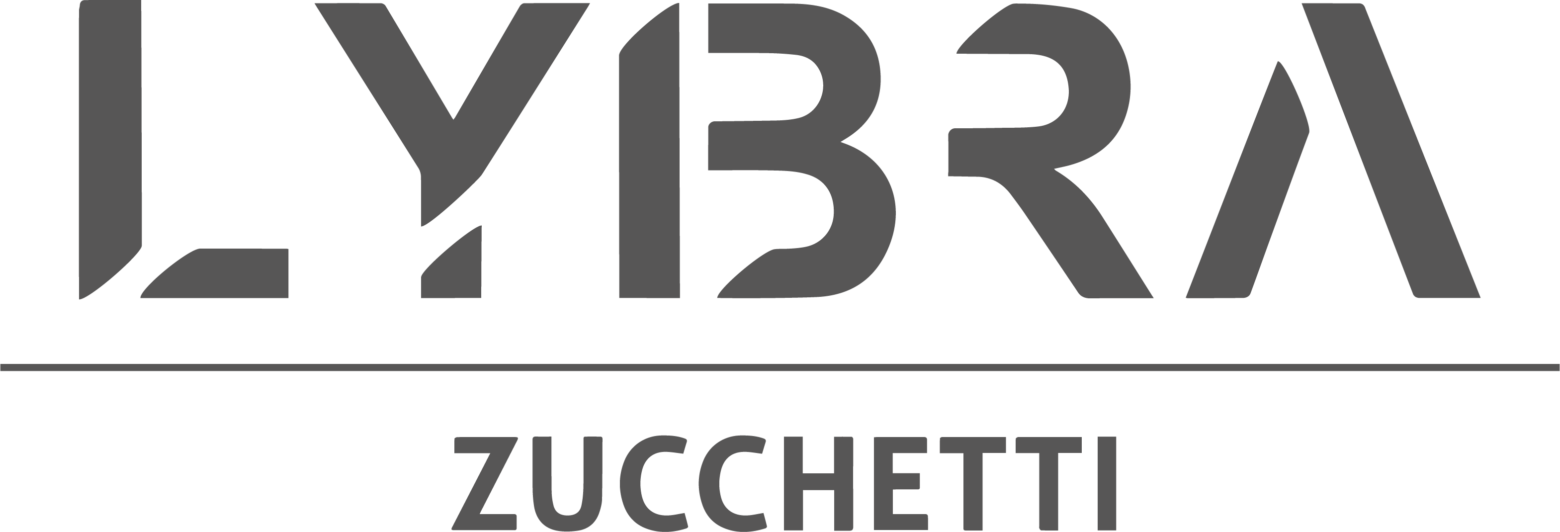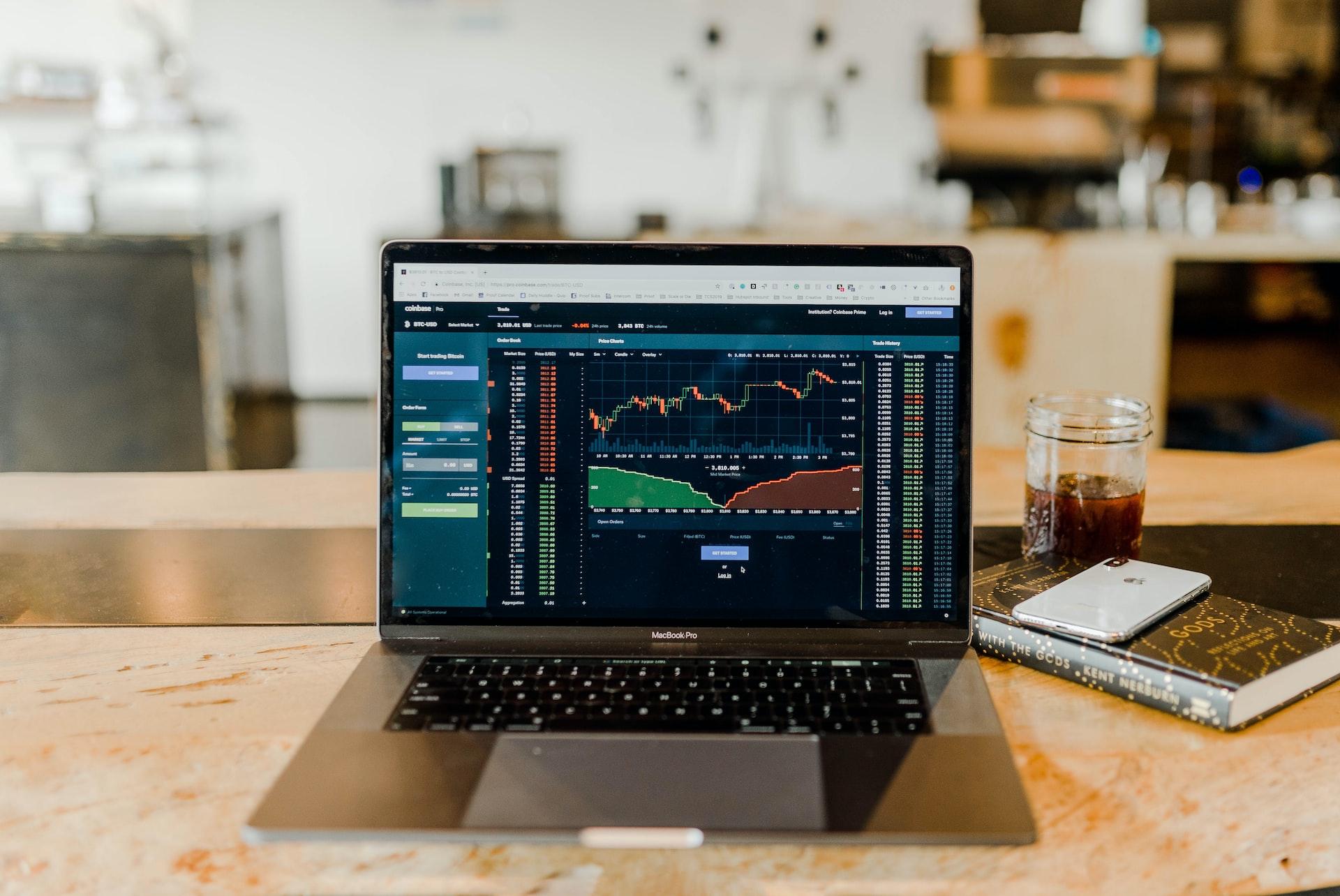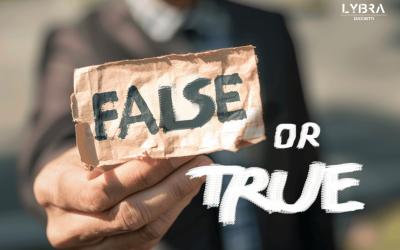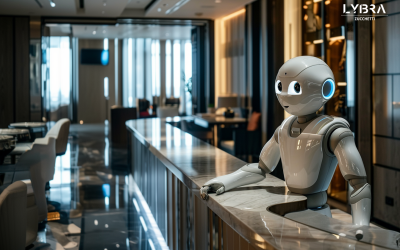According to the Revenue Management Report generated by Skift in 2019, only about 30% of all hotels use some sophisticated solution for Revenue Management. Assuming the market of 187K properties, this means all Revenue Management Systems in the world, since 40 years, managed to sell to 56.100 hotels only.
But why selling a Revenue Management System to a hotel is so hard?
Why do hotels repel Revenue Management Systems, even if the main idea of these systems is to bring more revenue to them?
The hotel industry has talked about Revenue Management (RM from now on) since the 1980’s. Considering hotels’ perishable product, fixed capacity, high fixed cost and low variable cost environment, the ability to set the right price, for the right customer at the right time has been perceived as the perfect solution to earn more revenue and gain higher profits.
But is this true?
If RM is the perfect solution for generating more revenue, why has it been so hard, in 40 years(!), for Revenue Management Systems (RMS from now on) like Lybra Assistant to be adopted by the 130.900 hotels that do not use them?
To answer this question we first need to change the above fluffy definition of RM to this statement:
“The application of Revenue Management in hotels should bring revenue benefits from the use of analytics, in response to demand dynamics, to help predict the behaviour of customers and adjust prices to the optimal level”.
Maybe this is a more complex recipe than the fluffy one, but it states exactly what RM should do and how. So in order to understand why hotels do not buy the perfect solution to make more revenue, we need to break down the above mentioned statement as follows below in this article.

“The application of Revenue Management in hotels”
We and hotels need to understand that RM is not just a system in place, a spreadsheet on a computer, a wonder algorithm, a function or a person.
The application of RM in hotels means the application of RM philosophy.
RM philosophy:
1. Starts with strategy: company identity, brand, unique values, ideal target of customer, ideal mix of customers, market positioning etc etc
2. Then it goes through management boards that convert strategy into Tactical Revenue Management.
3. Ends with every individual employee and the tools (the systems) they use to apply the tactics, that implement the strategy.
The first surprise is this: a Revenue Management System is only a part of point 3. Therefore selling an RMS to a hotel that lacks the necessary RM philosophy is pointless.
Does that mean 70% of hotels are revenue pointless?
The second surprise is this: the core of every Revenue Management philosophy is not the revenue itself but the customer.
If anyone thinks RM is about chasing revenue, they become revenue pointless. Hotels make revenue only by chasing customers. The more we know about the customer, the more we can be smart about pricing. So what do we want to know about the customer?
We want to know if the customer fits our product. Paraphrasing that: which customers fit our product. Paraphrasing that again: what product should we have to fit the customer. Only then we can talk value to customers and pricing, right?
Does that mean 70% of hotels do not know their customers?
Have you ever come across these situations? When a hotel manager is being asked about who their main customers are they answer “everyone”, or “we have all types of customers”, or “business, family, MICE”? When you ask a hotel manager who their competitors are and they say “everyone”, or “ we have no competition”? When you ask a hotel manager about their price strategy, they answer “driven by competition”, or “by cost”, or “it’s complicated”? When you ask a hotel manager why their price is this or that and not higher or lower, they answer “I do not know”, or “because if it was lower competition would match and if it was higher we would not sell”? All these answers say one thing: that hotel managers do not know their strategy. And where there is no RM strategy there is no knowledge about the customer, price, positioning and target audience. When there is no strategy, how can a hotel create the right price tactics? Tactics become incidental. When tactics are incidental, why would anyone need a System to manage them?
Let’s summarise the understanding of our first part of the RM definition. “The application of RM in hotels” means the application of a RM Philosophy.
RM Philosophy is strategy that is implemented by tactics by people using the systems that assist them in implementation, monitoring and reinforcement learning.
Where there is no RM philosophy, any tactical actions on pricing are just incidental. If actions are incidental their effectiveness is as good as a 50%. Either they work or they don’t.
No hotel is willing to invest in a Revenue System, when a revenue philosophy is absent. It’s would be like buying a lawnmower to be used on concrete surfaces. It will work but it will not work.
“should bring revenue benefits”
This statement in the definition is clear. If RM is applied it should bring revenue benefits. Therefore, if RM is not applied, it will not bring revenue benefits.
Although it’s obvious, many have tried to prove this theory. Without the application of RM philosophy, they would hire a Revenue Manager, they would invest in the system and they would observe the “benefits”.. But as we have mentioned, RM actions without a RM philosophy applied give a very low statistical probability of success: 50%. They either work or not. And this is the reason, why many hotels do not believe in RM effectiveness. They have tried and proved this themselves.
Therefore, the number two reason for which Revenue Management Systems are so hard to sell is the fact that hotels do not believe in RM effectiveness. If there is no belief, there are no sales.
“from the use of analytics”
The domino continues. Hotels with applied RM philosophy understand how to plan tactics and understand what tools/systems they need to optimise their work. Then they analyse the customer in order to optimise their prices.
The same, but in opposite, applies to Hotels that do not apply a RM philosophy. Advanced analysis of incidental data is the most difficult task for any data analyst. It is an even worse task for excel-level analysts. And it is an impossible task for non-analysts.
This may be a reason for which hotel RM is considered an advanced, skilled function.
This is also a reason for which hotel data analysis is limited to top-line KPI’s: Revenue, Occupancy, AverageDailyRate.
Lack of data or poor data quality are not the reasons behind weak hotel analytical capabilities. Weak hotel analytical capabilities are the reason behind lack or data or poor data quality.
And it gets further than that: when hotels are not advanced in data analysis and their data for analysis is incidental, they feel the struggle. So they try to find ways to make their analysis more logic and seek for more data to analyse. And so it gets even more complex. This is when new KPIs come in place: RevPAR, GOPs, TotalRevenues etc. To add even more complexity they add unrelated external data as well. Why not?
To summarise this part of the RM definition, the use of analytics makes sense when there is use of analytics. When we know what data to analyse, what the customer behaviour is, what the types of customers are, what the external market conditions that affect different types of customers are we can understand customer price sensitivity and use it in tactical pricing actions. When hotels don’t know, they use KPIs to describe their business. When they don’t know, they don’t need advanced systems that apply machine learning solutions on multiple source, very large and dynamic data sets (like Lybra Assistant does). That is the third reason why it is so hard to sell Revenue Management Systems.
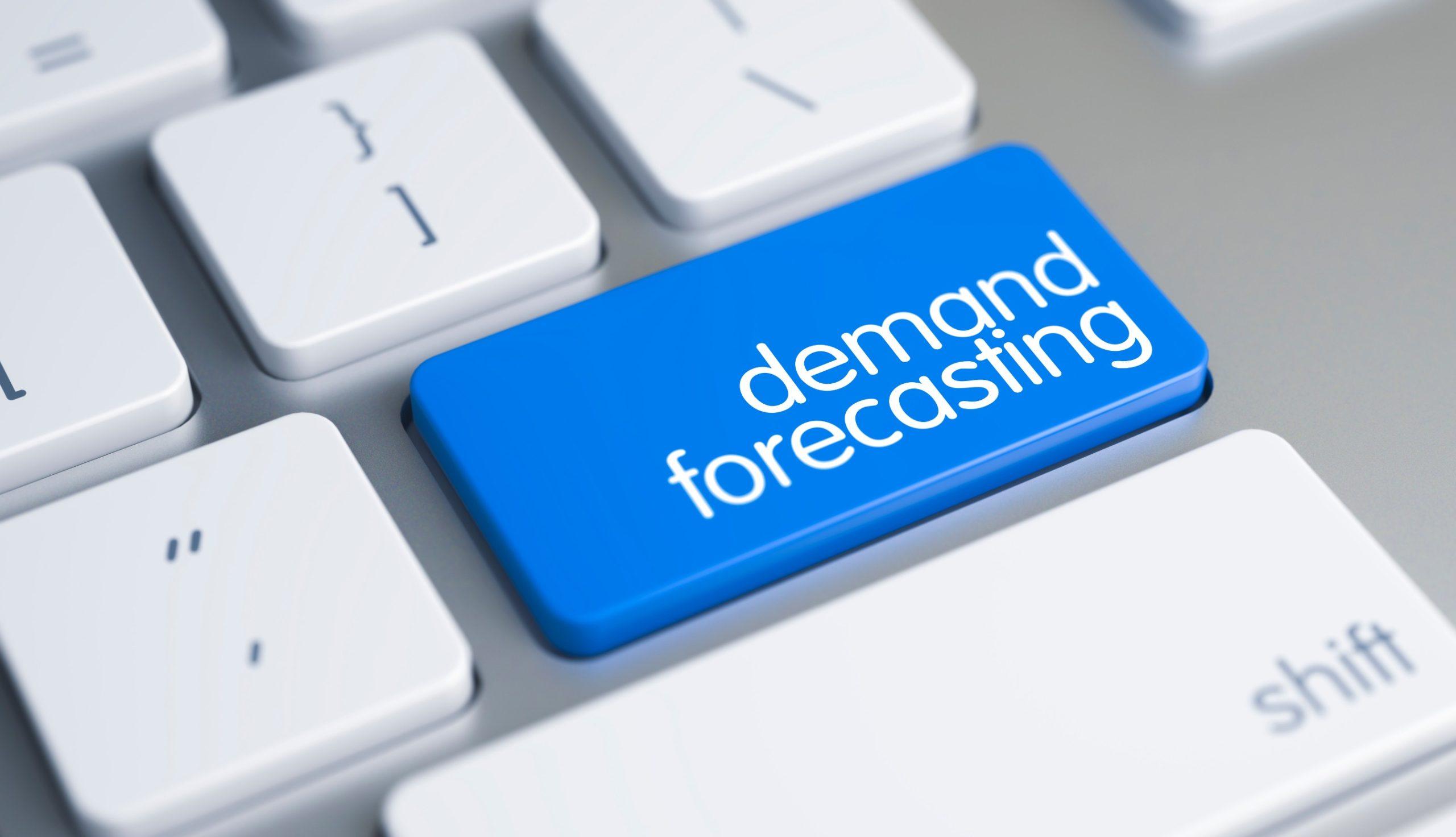
“in response to demand dynamics, to help predict the behaviour of customers and adjust prices to the optimal level”.
There’s one thing we can take for granted: the market, the demand, the dynamics of the demand are there and they are always changing. Especially now after the pandemic. According to a research from Accenture, 95% of surveyed people said the pandemic has changed at least 1 thing in their lifestyle. This is a huge statement. 95% of people changed 1 thing in their habits. In the era of human habitual living (wake up, work, Netflix, repeat), changing one thing in one’s lifestyle means huge changes in people’s behaviour, Including customer buying and travelling behaviours.
How hotels react to the dynamics of demand depends on how they observe these dynamics. Therefore, it’s logical to affirm that hotel reactions to demand dynamics depend on their ability to observe them. Analysis is the lens used for that observation.
Hotels performing limited analysis, simply do not see. They may aknowledge the need to observe, but they are not observing for understanding. They think they are observing the market and their customers. But what they see is the reflection of their beliefs. Not the facts.
If analysis is based on beliefs, hotels will assume some typical demand dynamic stereotypes: there are high and low seasons, there are weekdays and weekends, there are business and leisure clients, groups and individuals, etc. There is the need for minimum stay restrictions, refund restrictions, promotions, discounts, parity and all other sorts of popular to-do actions.
The power of observation is key to knowing how to react to demand dynamics. This is what separates beliefs and stereotypes from analysis-based educated actions.
If the hotel understands the dynamics, they can convert any tactic that will support their strategy into action. And that action will be optimised. And that means that the probability of success of that action will not be incidental at a 50% level. It will be educated at a 95% level.
Hotels that perceive market dynamics through their beliefs, will have a 50% success ratio at best. And for that ratio Revenue Systems are not needed.
Then do you want to know if you need a revenue management system? First you must be aware of what revenue management is…
Once hotels understand the real meaning of Revenue Management, they will get a conscious perspective of what they need to do and tools they must have to manage their revenues. That’s exactly when Revenue Management System sales become easy as these systems are basically very very smart and fast Revenue Manager Assistants!
